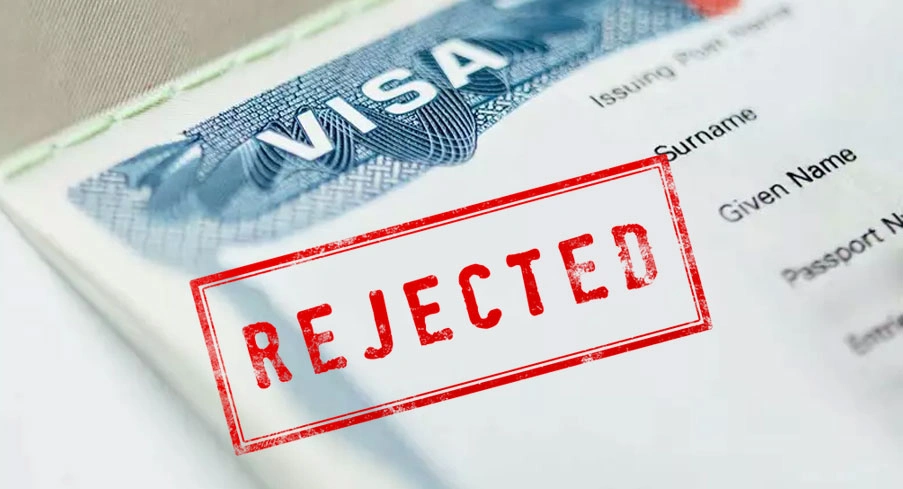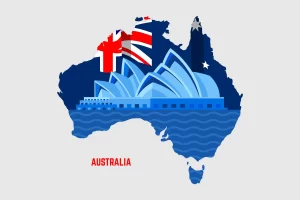On Tuesday the 18th of April, Prime Minister Malcolm Turnbull, along with Immigration Minister Peter Dutton, announced a host of major changes to a number of visa subclasses.
The main implication of these changes is that the 457 visa – for skilled temporary workers, will cease to exist. This visa will be replaced by a dual stream framework involving more stringent testing in relation to work experience and English language proficiency.
Anyone currently in Australia on a 457 visa will not be affected. However, new applicants will be separated into two visa streams as follows.
Firstly, the Skilled Occupation List – (SOL) is being replaced by the Medium and Long Term Strategic Skills List – (MLTSSL). Visas falling under this list will target higher skilled occupations and will be awarded for four years. Additionally 16 occupations have been removed from the original list for certain visas.
Secondly, the Consolidated Sponsored Occupation List – (CSOL) is being replaced by the Short Term Skilled Occupation List – (STSOL) and along with this change over 200 occupations have been removed from the following visas:
- Employer Nomination Scheme (subclass 186)
- Temporary Work (Skilled) (subclass 457)
- Skilled Nominated (subclass 190)
- State and Territory Nominated stream of the subclass 489
- Training visa (subclass 407) – Not all applicants
Further to this – 24 occupations on this list will only be available in regional Australia.
Visas falling under the STSOL category will be valid for two years and will not provide a route to permanent residency.
Changes surrounding both streams of the new framework include;
- All applicants are subject to criminal background checks
- All jobs must be advertised locally before a migrant is sourced for the position
- Employers are subject to non-discriminatory workforce tests
- Applicants must be under 45
These measures have been introduced so Australian businesses can continue to access the skilled workers they need while protecting the interests of Australian workers.






